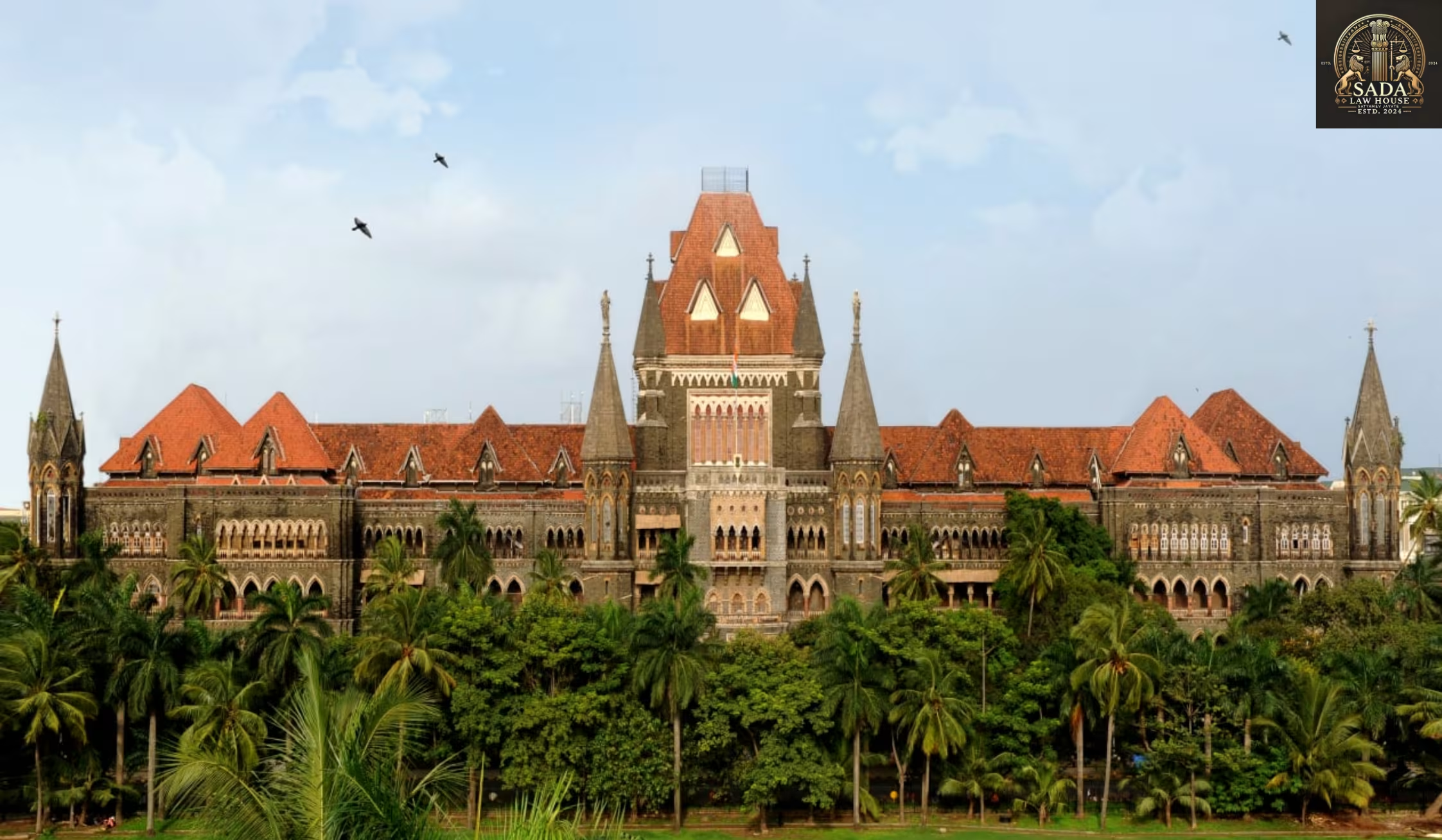PMLA | Supreme Court: The person who is accused in the complaint does not have to be named in order to keep the property that has been seized.
- MAHI SINHA
- 25 Mar 2025

Updated: 23th march,2025
The Supreme Court of India recently noted in addressing a challenge to the Prevention of Money Laundering Act (PMLA)’s retention of an accused person’s electronic items, documents, etc. that Section 8(3)(a) (which deals with continuation of retention) does not require that the accused be named in the complaint. Instead, the existence of a pending complaint claiming the commission of an offense under Section 3 of the Act is sufficient.
“Clause (a) will apply during the continuation of the proceedings relating to an offence under the PMLA in a Court…For attracting clause (a), it is enough if a complaint alleging commission of offence under Section 3 of the PMLA is pending. It is not necessary for the applicability of clause (a) that the person affected by the order under Section 8(3) must be shown as an accused in the complaint. The complaint under Section 44 will always relate to the offence under Section 3 punishable under Section 4 of the PMLA. The order of cognizance is of the offence and not of the accused or the offender”, observed a bench of Justices Abhay S Oka and N Kotiswar Singh.
The case’s facts are as follows: in 2017, an ECIR was filed against the respondent and others. During the search, the Enforcement Directorate (ED) confiscated cash, documents, and a variety of electronic gadgets. Following an order under PMLA Section 17(4) (which deals with the retention of seized or frozen property), the Adjudicating Authority issued a confirmation order under Section 8(3) on April 4, 2018. The Special Court then took cognizance of the case, which was filed under Section 44 of the PMLA, on February 19, 2018.
As stated in revised Section 8(3)(a) of the PMLA, the Appellate Authority and the High Court held in an appeal filed by the respondent that the order under Section 17(4) PMLA, which was confirmed on April 4, 2018, would expire after the ninety-day time had passed. In an appeal to the Supreme Court, the appellant-authority contested the High Court’s ruling. It argued that Section 8, as it was in effect from May 14, 2015, to April 18, 2018, was applicable despite periodic amendments. Interestingly, there was no time limit in Section 8(3)(a) until April 18, 2018. It stated that while any court procedures pertaining to a PMLA offense are pending, the Adjudicating Authority’s order to seize the record shall remain in effect.
On the other hand, the appellant contended that the order of detention would remain in effect for a maximum of 90 days “or the pendency of the proceedings relating to any offence under the PMLA” if Section 8, which was in effect from April 19, 2018, to March 19, 2019, was applied. On the other hand, the respondent argued that he was not named in the ED’s complaint under Section 44 PMLA. He said that even though the confiscated documents, electronic materials, and other objects were unrelated to the complaint, the ED had kept them for an extended period of time. The respondent called the ongoing retention “unjust” and added that, as of right now, ED had neither used nor relied upon the documents in the complaint.
The Court noted that Section 8, which was applicable in this case, was in effect from May 14, 2015, to April 18, 2018. Although the defendant acknowledged that this provision applied, he contended that there were no current proceedings because he was not listed as an accused in the complaint submitted under Section 44 PMLA [as required by Section 8(3)]. However, the Court pointed out that the Special Court was still considering the complaint under Section 44 PMLA at the time the decision under Section 8(3) was issued, and that the complaint served as the foundation for the offense under Section 3 of the PMLA being taken into cognizance. Additionally, the complaint was submitted based on the ECIR, which listed the respondent as an accused party.
According to the Court, for the purposes of Section 8(3)(a) PMLA, the respondent did not need to be listed as an accused party in the complaint. “When an order under sub-Section (3) of Section 8 of the PMLA was passed, in view of clause (a) of sub-Section (3) of Section 8 as applicable on that day, the order was to continue till the disposal of the complaint”, it added.
When the judgment dated 04.04.2018 was issued under Section 8(3), the Court held that the provision was not relevant in the conditions stated in the High Court and Appellate Authority’s application of the amended Section 8, which went into effect on April 19, 2018. But if the revised clause was applicable, it also said that the order under Section 8(3) had to stay in effect for 90 days after the investigation was finished because the complaint was still ongoing.
In summary, the Court revoked the High Court and Appellate Authority’s orders and reinstated the Adjudicating Authority’s order from April 4, 2018, with the stipulation that it would remain in effect until the case was resolved.






